Analysis: Great Britain has run on 100% clean power for record 87 hours in 2025 so far
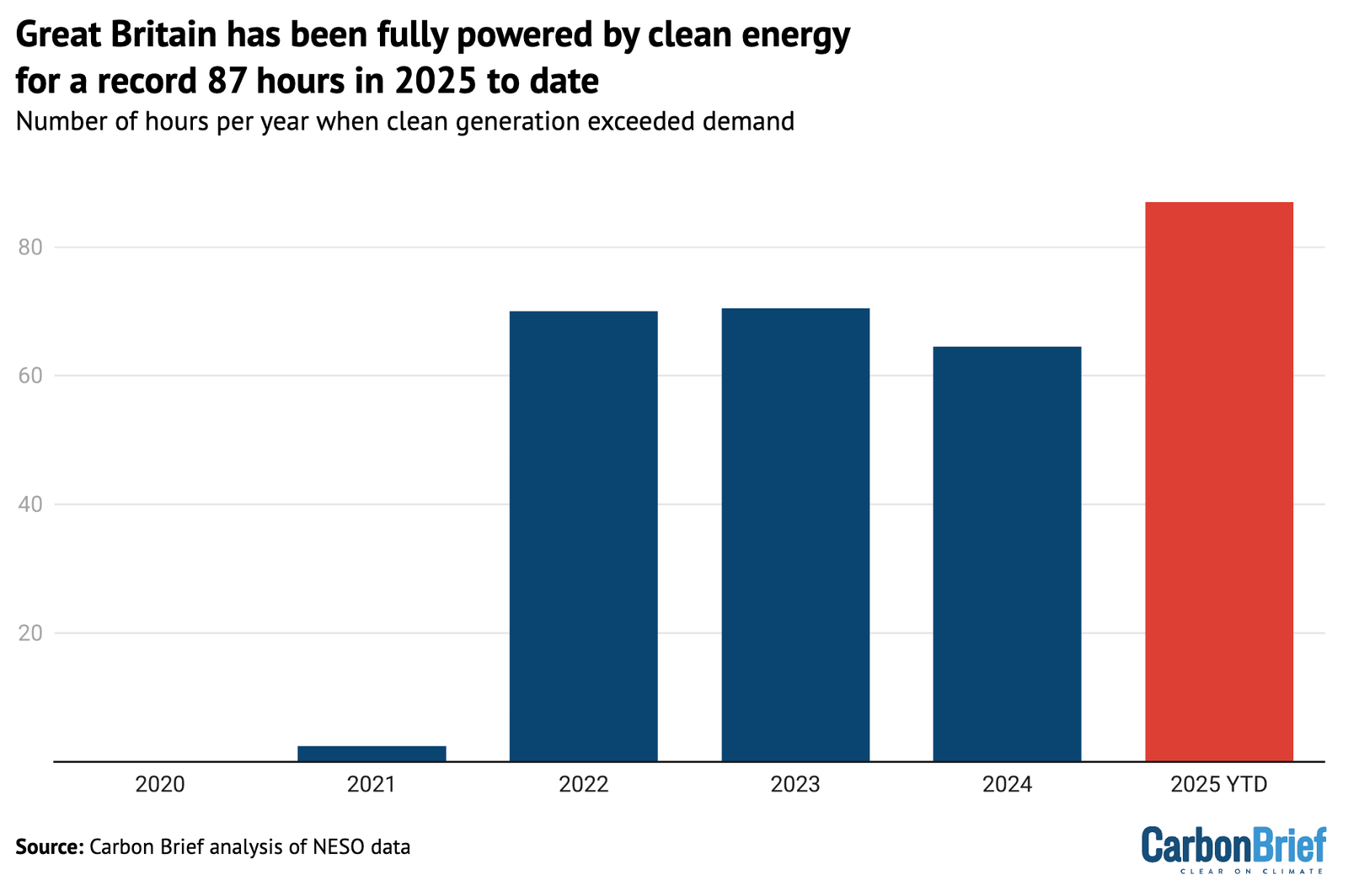
Carbon Neutral Regulation in AI Training

Electricity demand on the island of Great Britain has been fully covered by the output of clean-energy sources for a record 87 hours in 2025 to date, new Carbon Brief analysis shows. This is up from just 2.5 hours in 2021 and 64.5 hours in all of 2024, ahead of the government’s clean-power target for […]

by
A common soil fungus could help farmers reduce their reliance on synthetic fungicides, new research suggests, by producing natural airborne chemicals that suppress devastating plant diseases. Scientists at Rothamsted Research, along with partners at the universities of Warwick and Exeter, have found that Trichoderma hamatum — a fungus already known to protect plants — releases […]
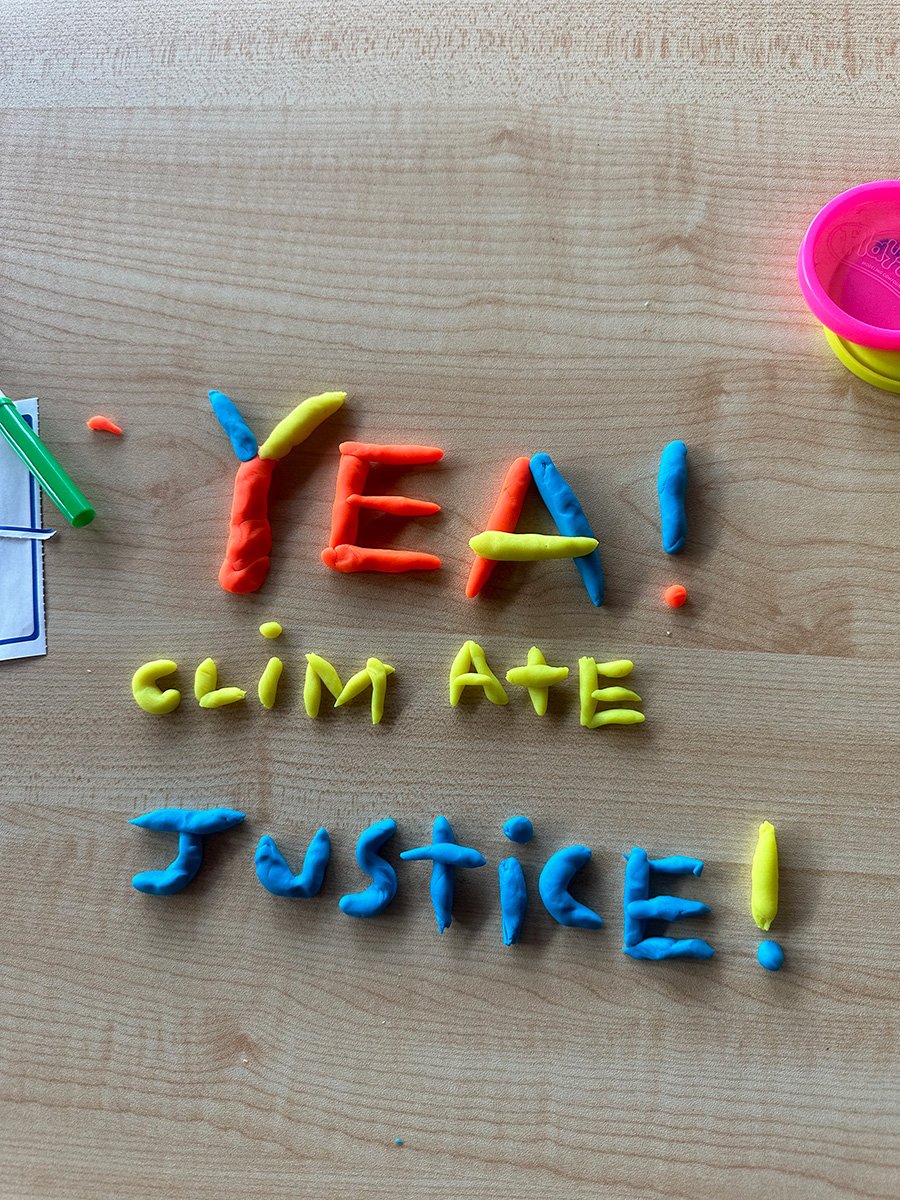
Hello! My Name is Athena Geer, and I am the Youth Climate Justice Coordinator here at Climate Generation. I get the honor and immense privilege of co-facilitating our Youth Environmental Activist Program (YEA)!. YEA! is a network for and by young people. From weekly programming to our annual Youth Climate Justice Summit (YCJS), the leaders […]
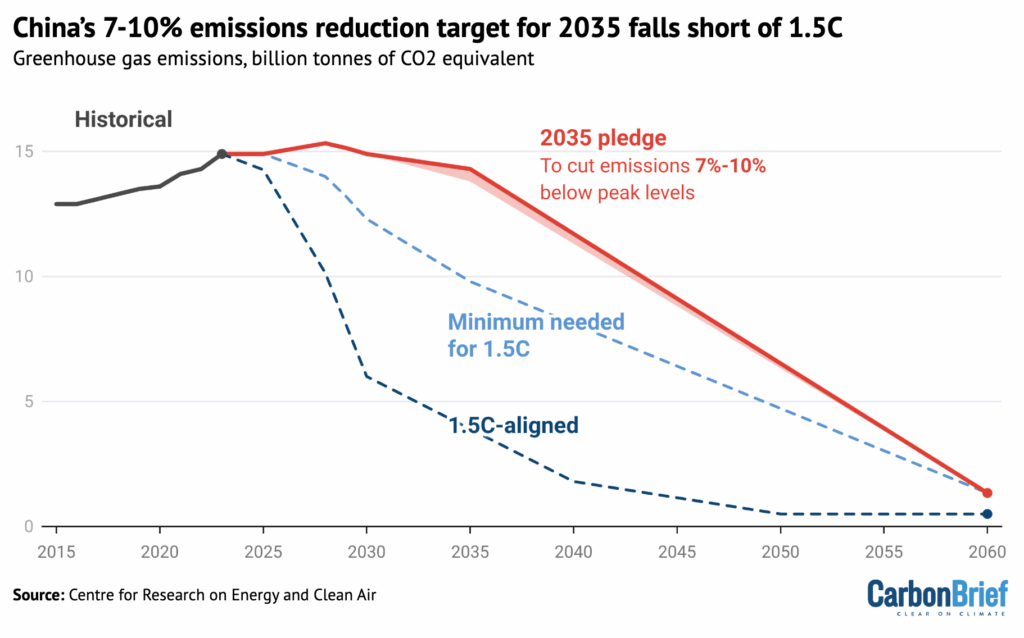
Welcome to Carbon Brief’s DeBriefed. An essential guide to the week’s key developments relating to climate change. This week China’s new climate pledge GUTERRES DEMANDS: UN secretary general António Guterres hosted a special climate action summit in New York on Wednesday, the Associated Press reported, alongside the closing day of the UN general assembly. It added […]
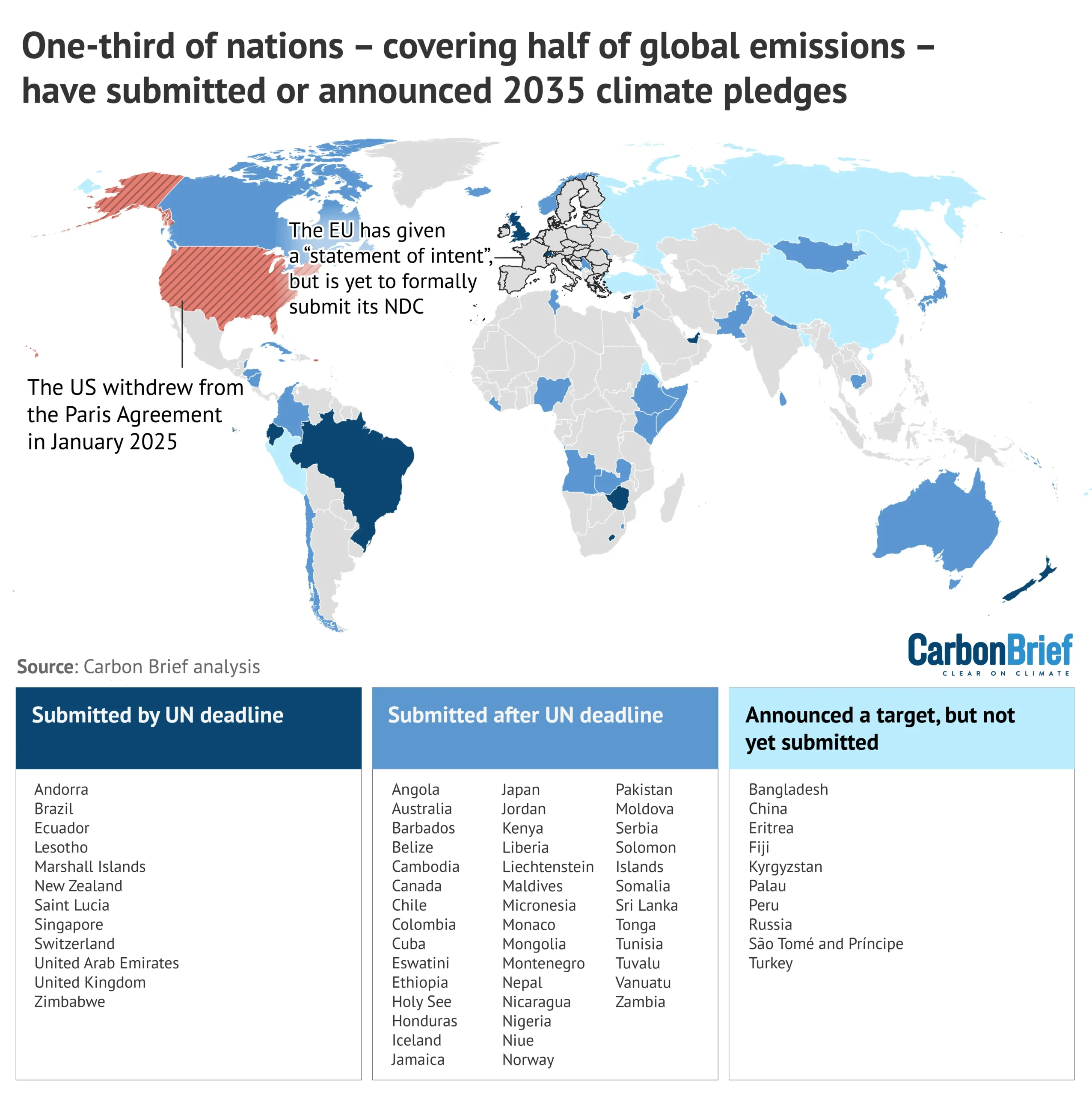
Half of global greenhouse gas emissions are now covered by a 2035 climate pledge following a key UN summit this week, Carbon Brief analysis finds. China stole the show at the UN climate summit held in New York on 24 September, announcing a pledge to cut greenhouse gas emissions to 7-10% below peak levels by […]
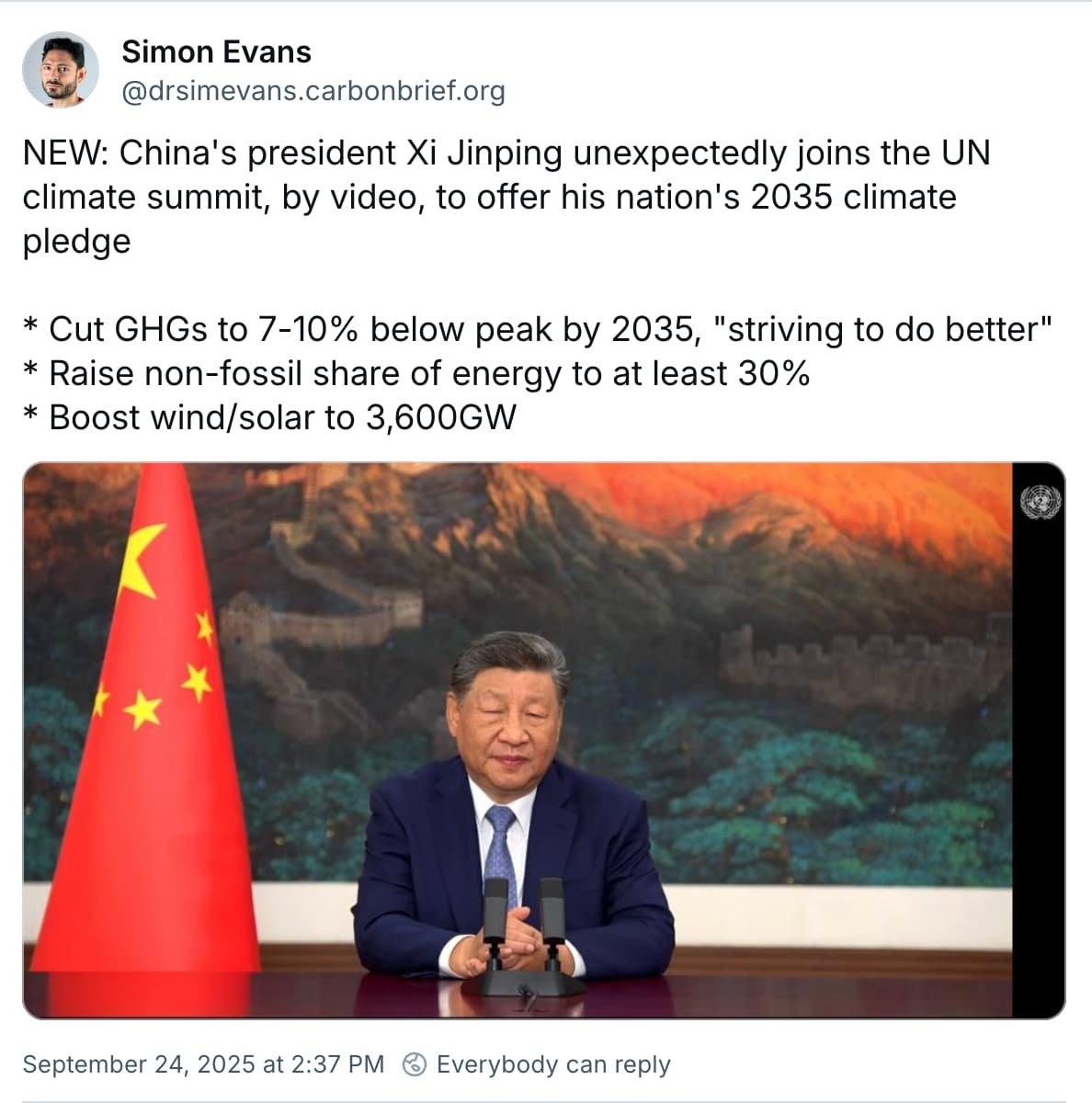
President Xi Jinping has personally pledged to cut China’s greenhouse gas emissions to 7-10% below peak levels by 2035, while “striving to do better”. This is China’s third pledge under the Paris Agreement, but is the first to put firm constraints on the country’s emissions by setting an “absolute” target to reduce them. China’s leader […]

by
Machine-learning models can speed up the discovery of new materials by making predictions and suggesting experiments. But most models today only consider a few specific types of data or variables. Compare that with human scientists, who work in a collaborative environment and consider experimental results, the broader scientific literature, imaging and structural analysis, personal experience […]
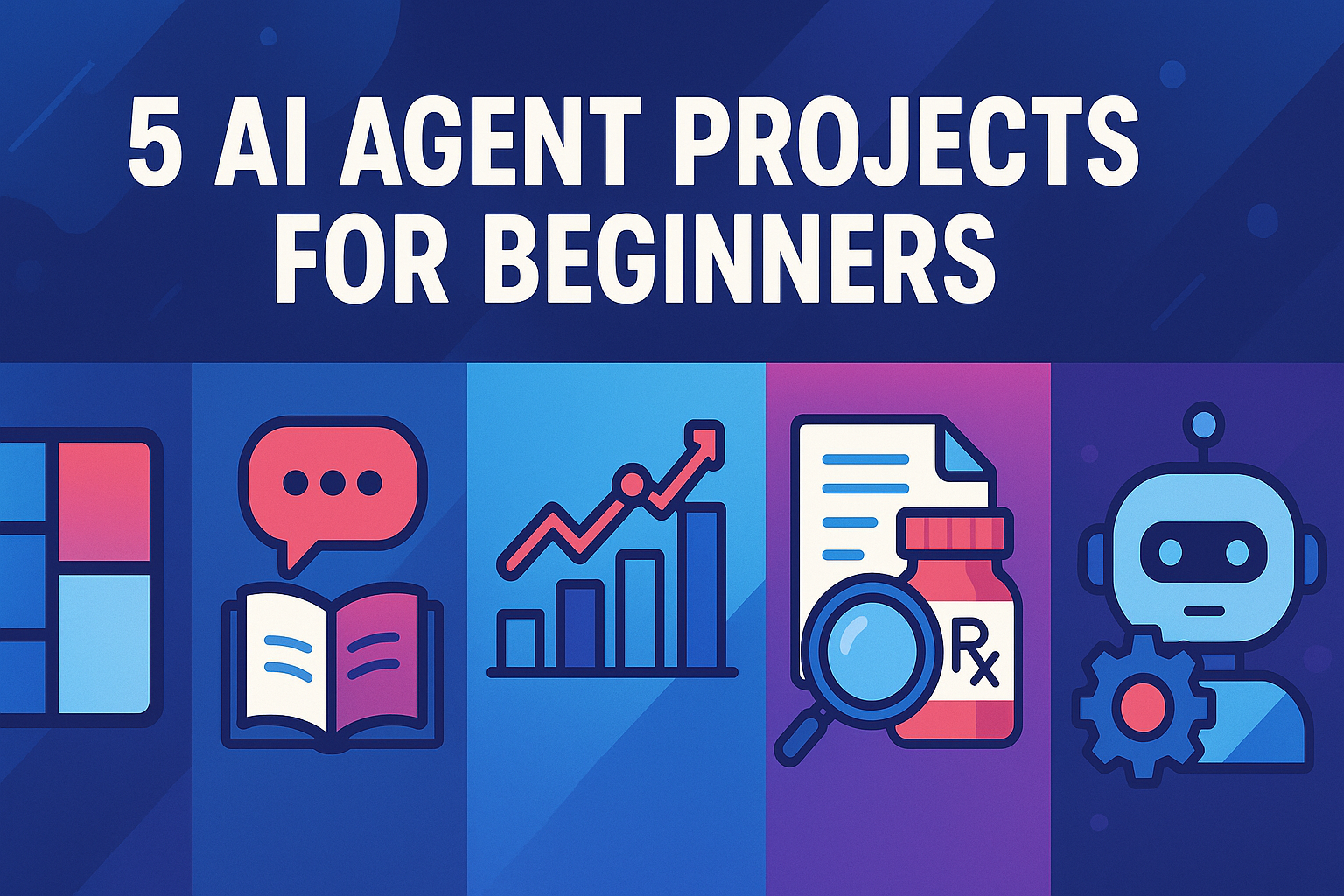
by
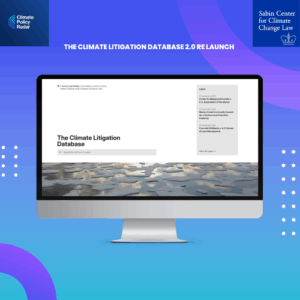
When lawsuits first began to raise climate change issues in the late 1980s, the cases were rare and experimental, with litigants testing out ways to draw on the growing body of climate science to argue for legal obligations to address “the serious and imminent threat to our environment posed by a continuation of global warming.”1 Four […]

by
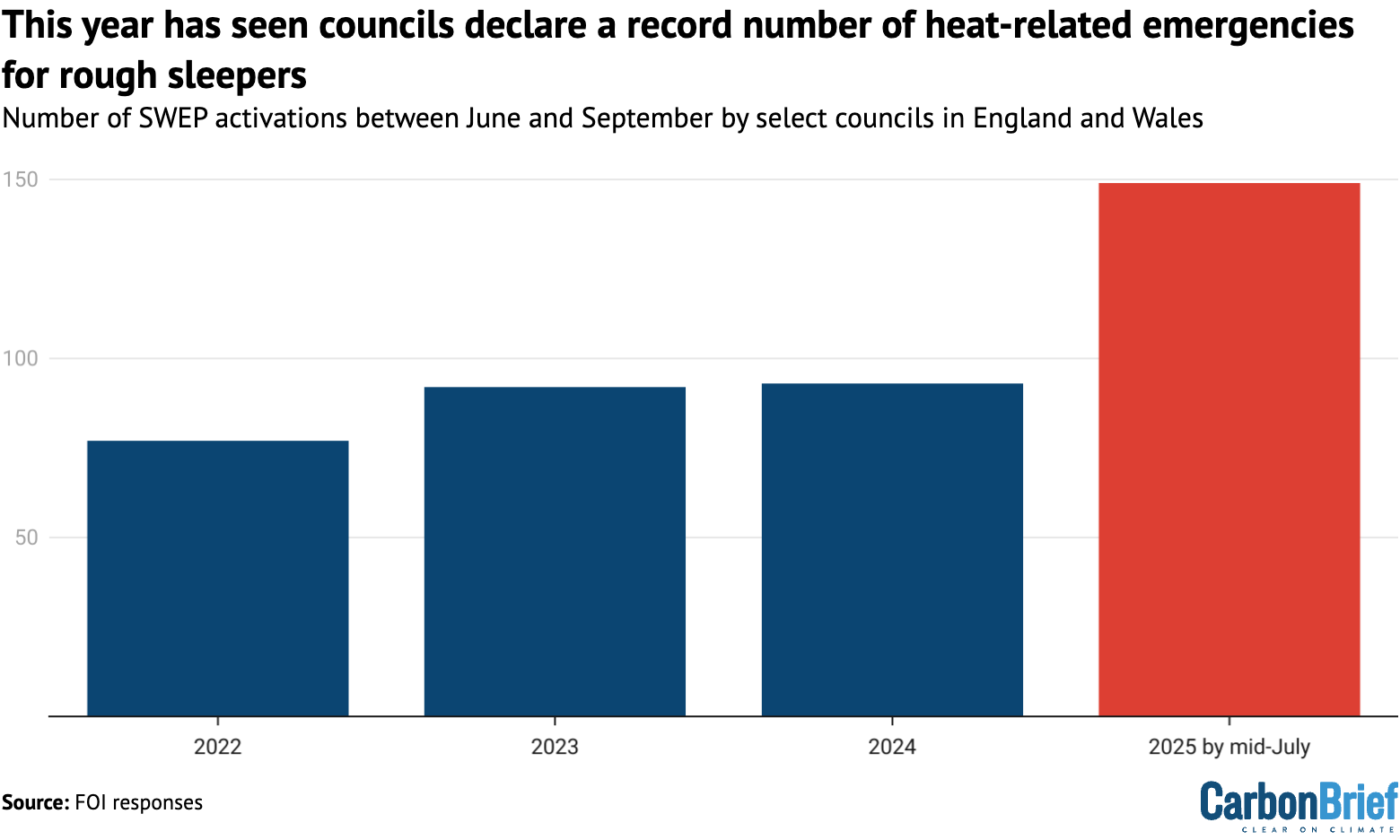
A record number of heat-related “emergencies” have been triggered by councils this year to help rough sleepers in England and Wales, Carbon Brief analysis reveals. As climate change drives more heat extremes, there is a growing recognition that homeless people face a higher risk of illness and even death when temperatures soar. This summer has […]
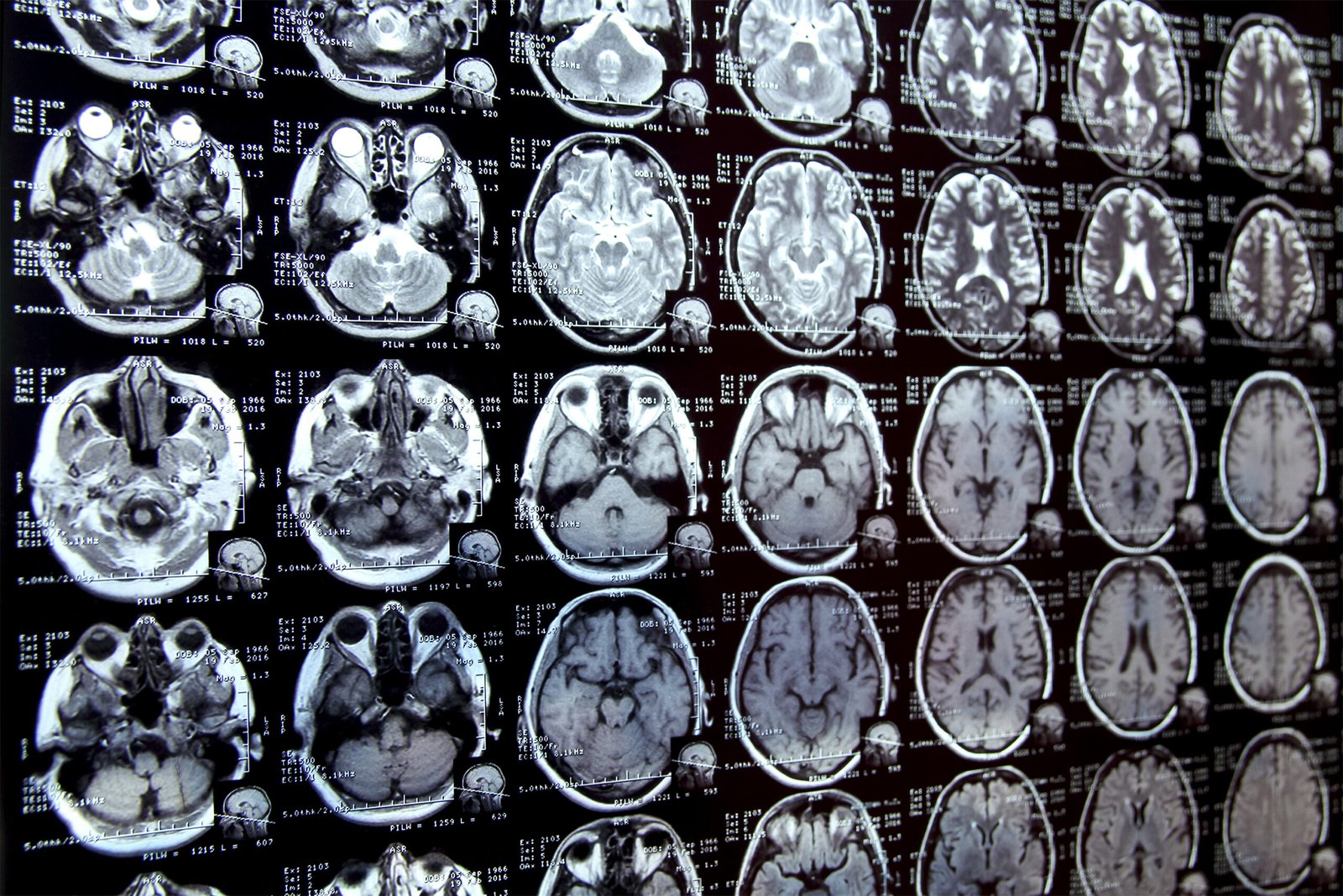
by
Annotating regions of interest in medical images, a process known as segmentation, is often one of the first steps clinical researchers take when running a new study involving biomedical images. For instance, to determine how the size of the brain’s hippocampus changes as patients age, the scientist first outlines each hippocampus in a series of […]

We handpick and explain the most important stories at the intersection of climate, land, food and nature over the past fortnight. This is an online version of Carbon Brief’s fortnightly Cropped email newsletter. Subscribe for free here. Key developments High Seas Treaty milestone OCEAN PROTECTION: The High Seas Treaty, which aims to “protect the world’s oceans […]

Andrew Kieffer joined the Sabin Center in September 2025 as a Postdoctoral Research Fellow with the Renewable Energy Legal Defense Initiative, which uses legal research and engagement to support siting utility- and community-scale renewable energy facilities and associated transmission and storage equipment. His work focuses on identifying legal pathways to challenge land-use and siting barriers which […]

by
Image credit: FAST space project, CC BY-NC-SA 2.0 license. Researchers in Korea have introduced the first comprehensive safety assessment framework for liquid hydrogen storage systems in UAVs, in a seemingly important contribution to efforts to deploy the putative green fuel in this area of aviation. It was published in the International Journal of Hydrogen Energy […]
As climate-related disasters intensify across the globe, the question of how to obtain redress for environmental damage has become increasingly urgent. Yet, public international law has so far struggled to provide effective remedies. The traditional framework of holding states responsible for environmental damage seems to fall short, especially in the context of complex cases of […]
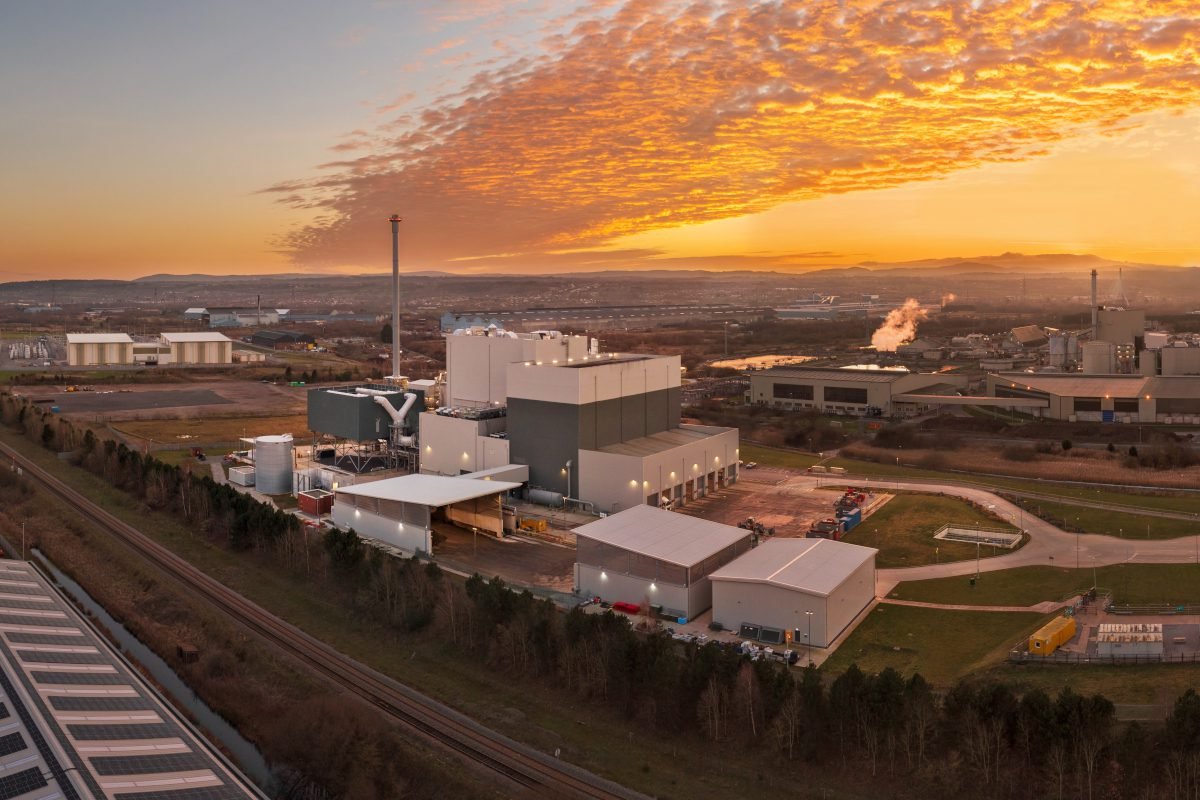
by
Disinfection system installed at a facility owned by South East Water A new report from Baringa, commissioned by EfW opeartor enfinium finds that the UK’s energy from waste sector could be carbon negative by 2035 – and deliver up to 10 million tonnes of carbon removals annually if Carbon Capture and Storage (CCS) technology is […]
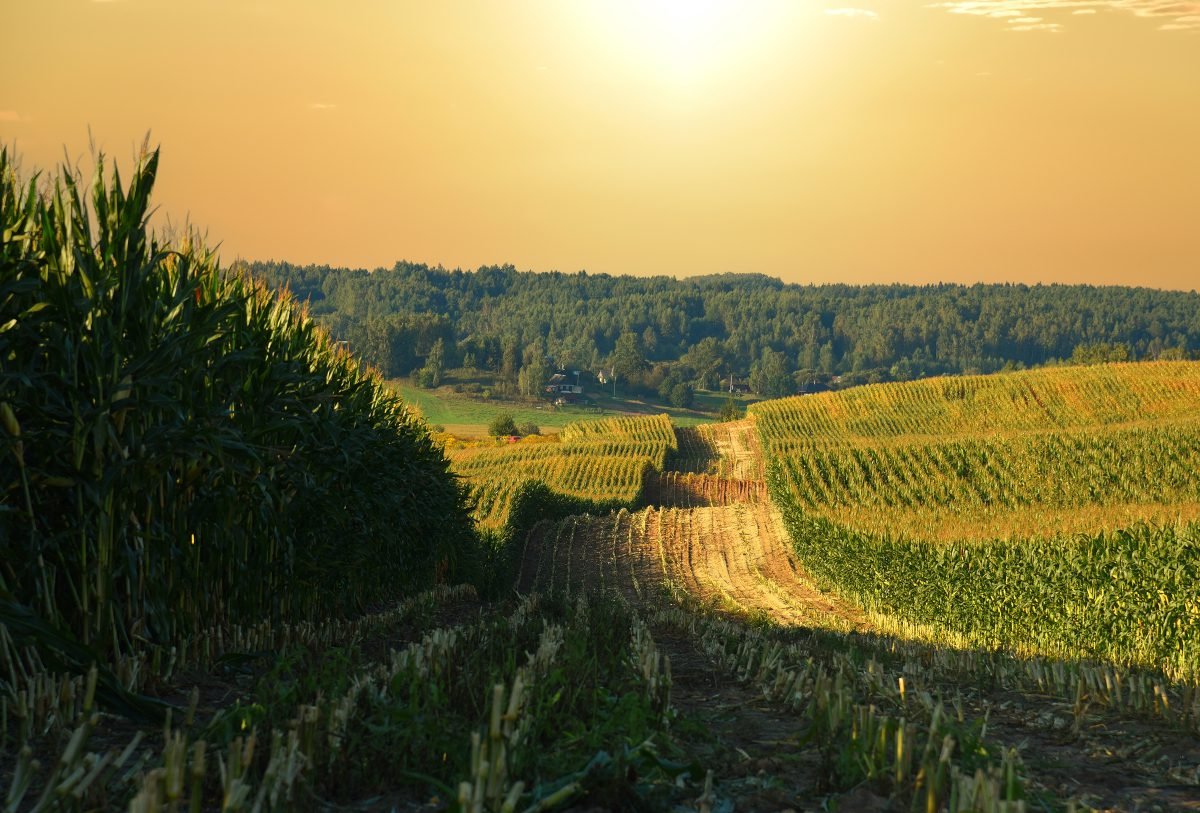
by
A new review study has revealed that per- and polyfluoroalkyl substances (PFAS), widely known as “forever chemicals,” are increasingly entering farmland soils through waste recycling and wastewater reuse. Once in the soil, PFAS can migrate into crops, raising concerns for food safety and human health. The study, published in New Contaminants, compiled global waste and […]